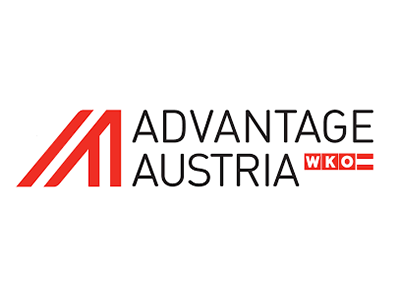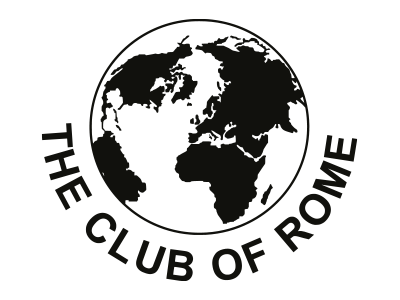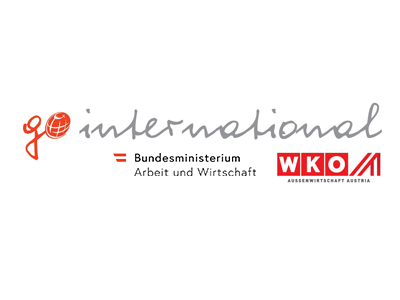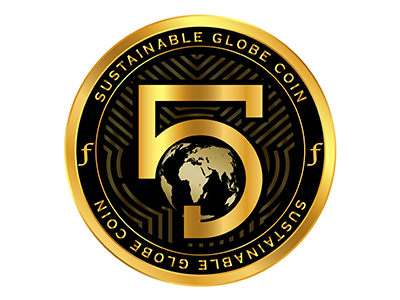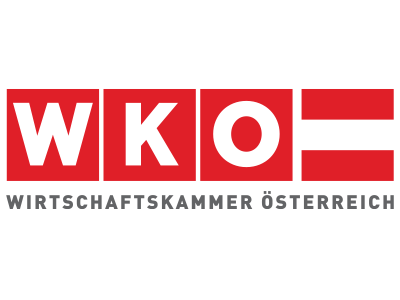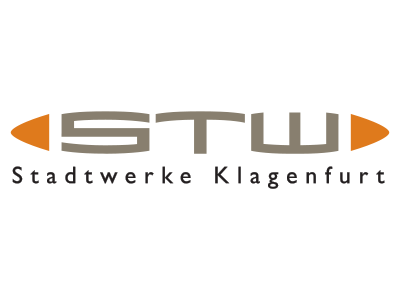ENERGY GLOBE
French Guiana

WINNER:
SOLICAZ
With the Project:
Organic soil fertility management in Amazon basin (French Guiana)
Unfortunately, the majority of the world’s soil resources is in a poor condition. However, Solicaz is a private research institute that has developed an ecological engineering method based on the functioning of soil. Living soil is healthy soil that can perform its essential functions for the biosphere. Organic matter is used in all of its forms (Rameal Chipped Wood, charcoal, compost, manure, and service plants in a symbiosis with soil microorganisms) which allows an improvement of the agronomic fertility of soils, particularly for poor soils in the Amazon Basin, and a resilience of soil life and natural forest ecosystems. With the objective of maintaining and improving soil fertility, the project works on regenerating forest ecosystems and sustainable agriculture.
INITIAL SITUATION
Although more than 40 million people depend on the forest resources in Amazonian regions, the destruction of forest habitats has intensified very strongly in recent years. Lack of regular input of organic matter and ecological engineering processes cause the sylvo-genetic cycles to struggle to get back into place. The chemical poverty of tropical soils in this region directly reflects in low soil fertility which is a major problem for farmers. Deforestation and the export of crops are responsible for a loss of organic matter and mineral elements in soil. Moreover, some cultural practices such as repeated tillage, slash-and-burn or unreasonable chemical fertilization promote the erosion and loss of nutrients. Local agricultural production is often difficult. There is little local data and a lack of management tools to improve organic soil fertility in the French Guiana Amazonian forest.
SOLUTION
Using organic matter in all of its forms is key to make ecological transition possible in Amazonian regions. The Solicaz project’s method shows a sustainable quality improvement of the soil, a regeneration of forestry ecosystems, efficient waste recycling and a limitation of chemical soil pollution. The free local decision support tool for fertilization plans was accepted by local farmers. Hundreds of them have already been made aware regarding organic fertilization through this initiative. Moreover, more than 800,000 local trees have been planted in agro-forestry systems and on degraded land to permit a viable forest reconstruction and carbon storage. In addition, the local microorganisms are beneficial to plants, which Solicaz has isolated and used. These microorganisms have made it possible to increase resistance to water stress, extraction of heavy metals and bioavailability of nutrients from organic matter.
INNOVATION
The innovative aspects are, on the one hand, to study the different components of soil quality in different regions of the territory. This has made it possible to realize the heterogeneity of soil quality even on a fine spatial scale. On the other hand, with the aim of recommending an adapted organic fertilization, a broad campaign of sampling and agronomic analysis of the different types of organic was carried out on the territory since this data was not yet available. Solicaz possesses a soil microbiology laboratory in a forestry research center whose work focuses on the isolation of microorganisms and the testing of symbiotic bacteria from local leguminous service plants. Through the fixing of nitrogen, this symbiosis allows a rapid development of trees.
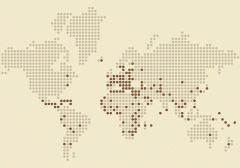
WINNERS 2022
Get inspired by winners 2022 and have a look at exciting and unique environmental solutions from all around the world!
OUR PARTNERS
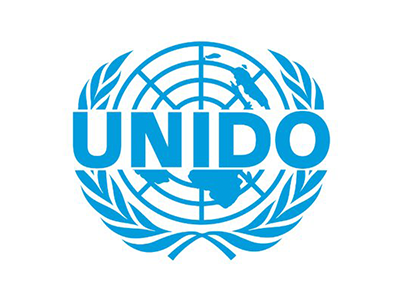
UNIDO
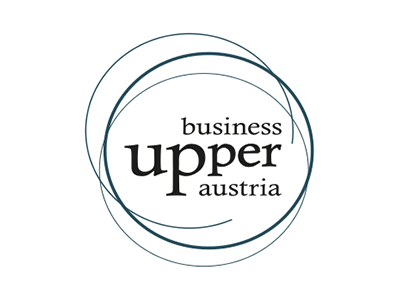
Business Upper Austria
Thank you to our partners!




